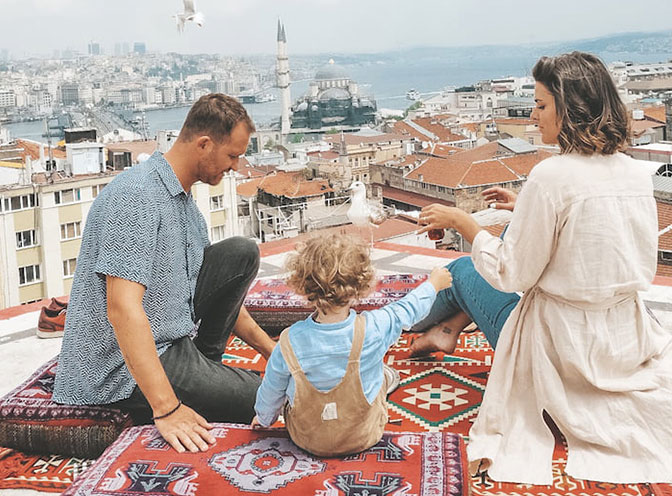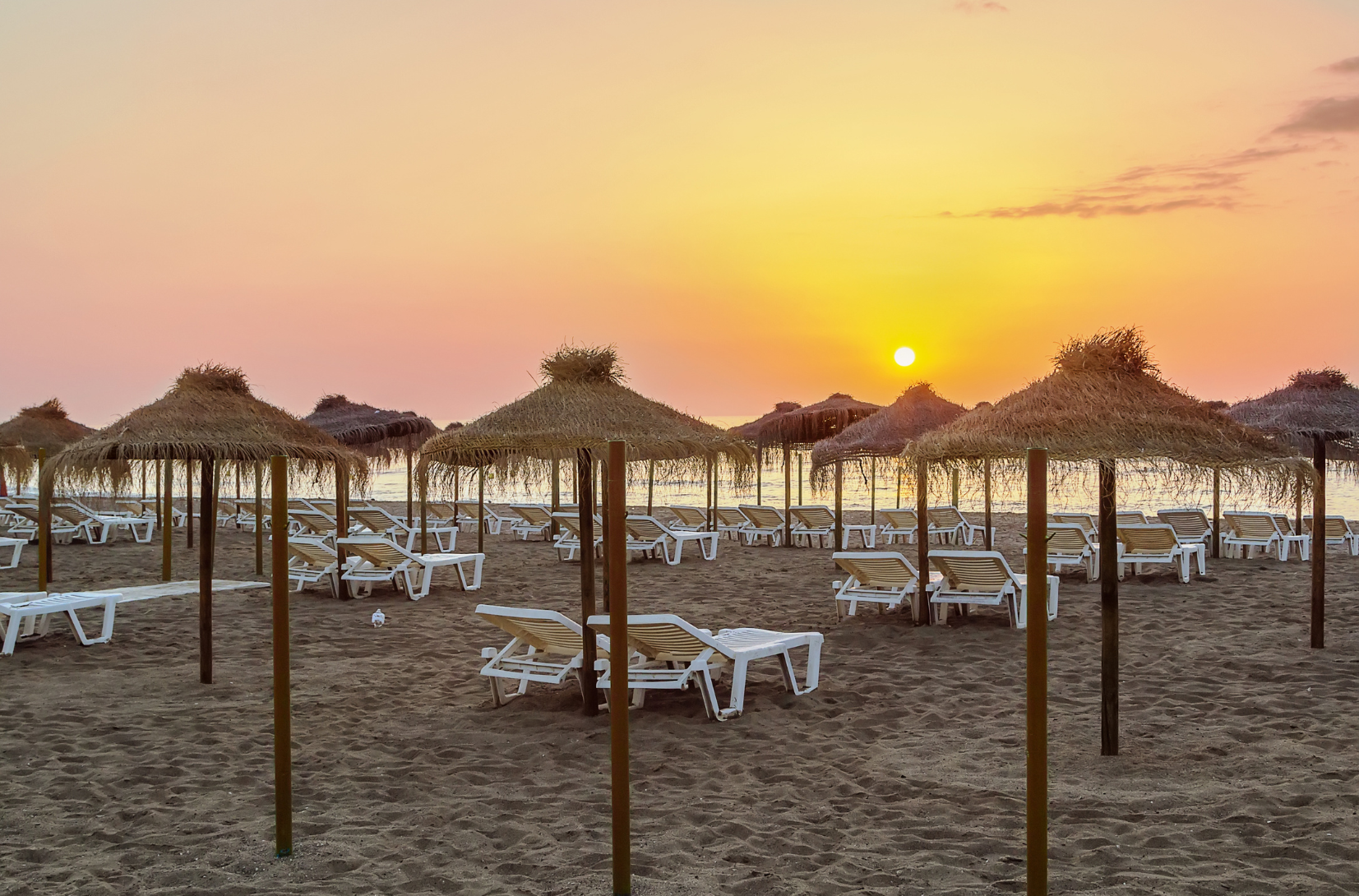
COVID-19: helping you to travel safely
The COVID-19 pandemic is now in a different phase, due to vaccination and less virulent variants, allowing hope around most of the world. It is of course true that the virus does not respect geographical boundaries, so increased travel brings with it the risk of contagion. But, it is also fair to assume that vaccination allow us to travel.
Vaccination reduces the risk of contracting COVID-19, and may make it less severe if you do catch it. If you are thinking of travelling, we strongly advise that you do so once fully vaccinated including booster doses. Travel will be safest in areas of high vaccine coverage.
Even once vaccinated, you should continue taking precautions to reduce your risk of contracting COVID-19. Older people, and those of any age who have some medical conditions including chronic kidney disease, cancer, chronic obstructive pulmonary disease, Down’s Syndrome, serious heart problems, a weakened immune system, Type 2 diabetes, and sickle cell disease, as well as those who are obese, who smoke or who are pregnant, are at increased risk of illness from COVID-19.
When deciding whether it is safe to travel, we also advise that you think about the increased risk to anyone you live with who may be affected by these conditions and who you may need to consider when deciding to travel. But whether you’re traveling for work or pleasure, travel is an important part of many of our lives and we want to help you do so safely:
Be aware of the general COVID-19 situation and all requirements and restrictions at your intended point of destination, and any points of transit
take into consideration that, for some destinations, you may still need to be tested before you travel, particularly if you are not vaccinated
make sure your hotel or other accommodation complies with COVID-19 safety recommendations
remember to pack face masks that may be mandatory in some public transportation, tissues, alcohol-based hand sanitiser, disinfectant wipes for surfaces, a thermometer and all the medicines you may need. Keep these in your hand luggage, to avoid losing them in transit.
Once you’re on your journey, there are many ways you can help keep yourself and others safe:
stay 2 metres away from others
wear a face mask, and try not to touch your eyes, nose or mouth
don’t eat, drink or smoke on public transport, so that you do not need to remove your mask
limit contact with surfaces, such as handrails or lift buttons
wash your hands with warm soapy water for at least 20 seconds, as often as you can. If this isn’t possible, use hand sanitiser with at least 60% alcohol; carry a small bottle with you at all times, cover all surfaces of your hands and rub them together until they are dry, especially before eating or after coughing, sneezing or blowing your nose
cover coughs and sneezes with a tissue where possible, or by bending your arm and using it to cover your nose and mouth
avoid contact with anyone who has any symptoms of COVID-19
Some special tips for air travel:
wear a mask at all times if it is mandatory, in the airport and during the flight
wash your hands as frequently as possible, particularly before and after security screening
where possible, place boarding passes (paper or electronic) directly on the scanner and then hold them up for inspection, instead of handing them over place personal items such as keys, wallets and phones in carry-on bags, so that they do not have to be handled during screening
Before deciding to travel, and when choosing where to go, remember vaccination can decrease decreases the risk of contracting severe forms of COVID-19. Take your booster dose, if your doctor or health authorities recommend it. It’s also important to remember your annual influenza vaccination.
Travelling will be safest in regions with high vaccination coverage. Check the local situation, be clear on the regulations at your destination, both on arrival as well as on your return home, and consult with your doctor about your planned trip.
These are challenging times. Stay safe, and enjoy.
Dr Fernando Macário
Chief Medical Officer

